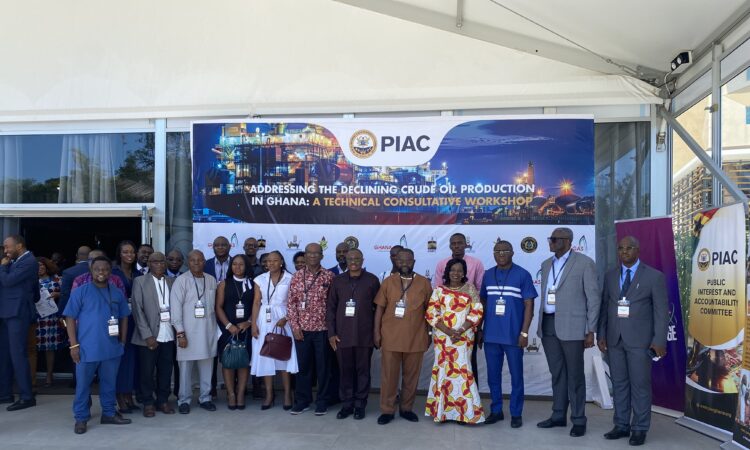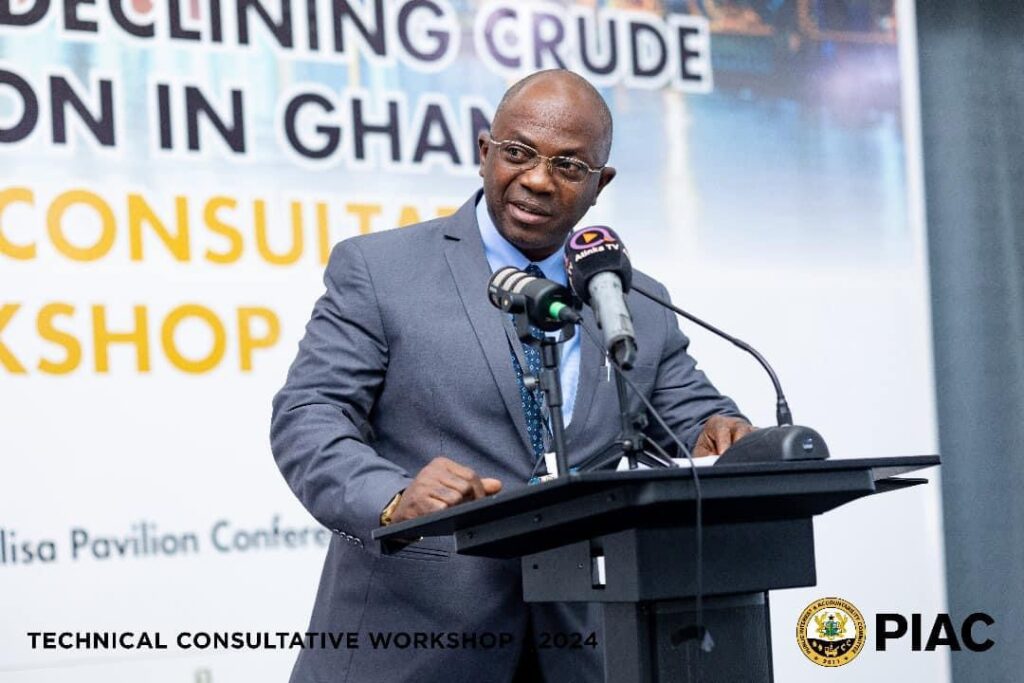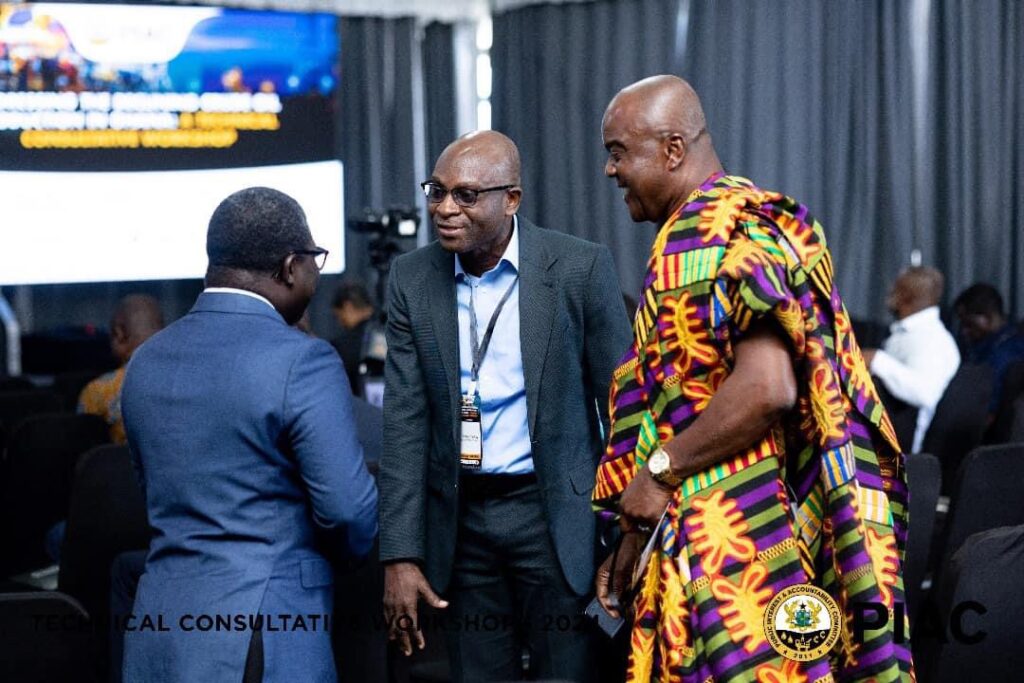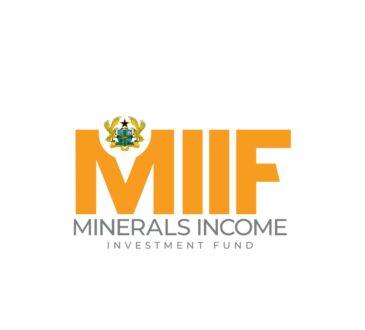Ghana’s crude oil production declining by an average of 9.20% – Energy Expert

Ghana’s crude oil production has been declining by an average of 9.20% since 2020, Energy Expert Mr. Constantine Kudzedi has revealed.
According to him, this decline is due to the technical and operational challenges experienced in the producing fields.
Mr. Kudzedi made this revelation at a two-day technical consultative workshop aimed at addressing the declining trend of crude oil production in Ghana.
The event, organized by the Public Interest and Accountability Committee (PIAC) in Accra, brought together various energy experts, academia, civil society, industry consultants, and policymakers to formulate sustainable solutions to address the decline.

Mr. Kudzedi stated that there has been limited investment in Ghana’s upstream petroleum sector, with no petroleum agreement signed since 2018.
“The global energy transition has further shifted investments away from fossil fuels, thereby raising the need for Ghana to take advantage of its resources before it is too late,” he said.
He added that if the continuous decline is not swiftly addressed, it will have dire consequences for the economy and the general well-being of citizens.
He further advocated for a multi-pronged strategy focused on economic diversification, sustainable exploitation of petroleum resources, the promotion of renewable energy, and the development of local industries to address the decline.
“While building a resilient economy and embracing the global energy transition, cognizant of its development needs, Ghana must also ensure the sustainability of its upstream oil and gas industry growth,” he explained.
Speaking at the event, the Deputy Minister of Energy, Mr. John Abbam Aboah Sanie, underscored the urgency of the situation, stating, “At one point, Ghana’s daily oil production stood at around 200,000 barrels per day. However, this has dropped to about 130,000 barrels per day.”
He highlighted the contributing factors to this decline, including technical challenges, the impact of the global energy transition, and reduced investments due to shifting market dynamics.
“Despite various efforts, we continue to face challenges with a low reserve replacement ratio. Additionally, the pandemic and the energy transition have affected our ability to attract investors,” he added.
The Deputy Minister also emphasized the importance of data in overcoming these challenges and attracting investment, revealing that targeted policies have been developed for the onshore sector.
“We are empowering the National Oil Fund to take leadership in onshore exploration and partnering to finance the sector. While the challenges are significant, we must focus on innovation and growth to ensure Ghana remains a key player in the energy space,” he said.

Former PIAC Vice-Chairman, Mr. Kwame Jantuah, attributed the declining trend in crude oil production to the inaction of the GNPC.
“If you haven’t done exploration for eight years, how do you expect revenues? Oil depletes, and we’ve been slow in exploring new areas like the Accra and Volta Basins,” he said.
He urged the country to rethink how oil revenues are managed, suggesting that Ghana should invest oil proceeds in long-term national projects, much like Botswana does with its diamond revenues.
By Jessel Lartey Therson-Cofie








